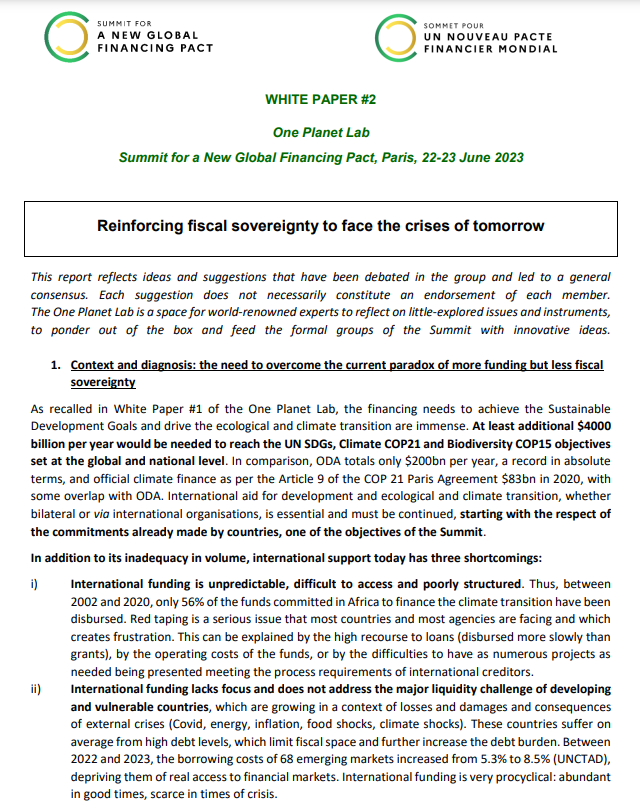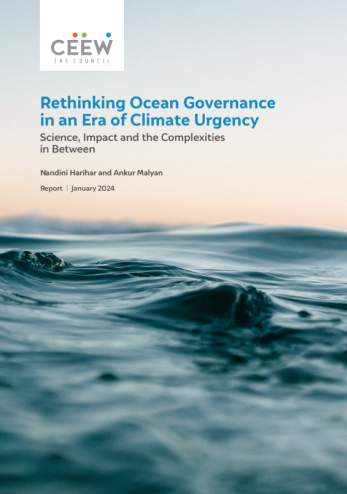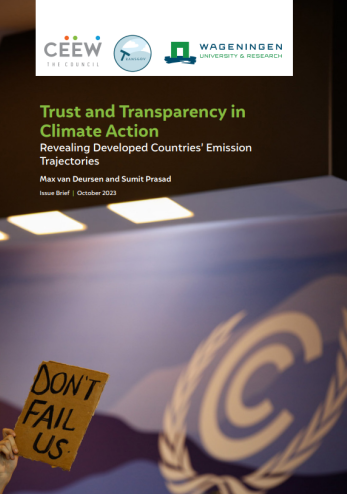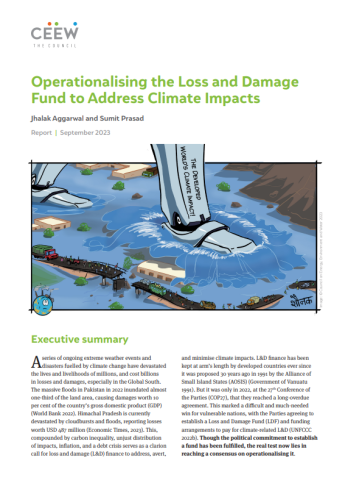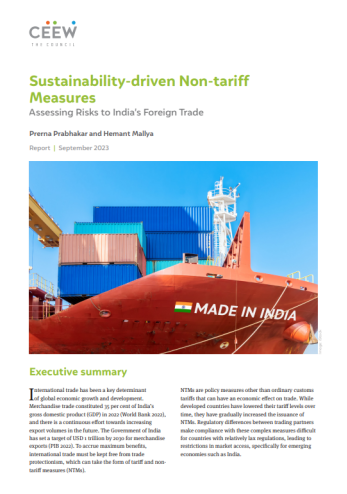Other Publications
Reinforcing Fiscal Sovereignty to Face the Crises of Tomorrow
One Planet Lab
June 2023 | International Cooperation
Suggested citation: One Planet Lab. 2023. Reinforcing Fiscal Sovereignty to Face the Crises of Tomorrow. One Planet Lab.
Overview
At least an additional USD 4 trillion would be needed to reach the UN SDGs, Climate COP21 and Biodiversity COP15 objectives set at the global and national levels, says One Planet Lab’s white paper released ahead of French President Emmanuel Macron’s Summit for a New Financing Pact in Paris. But in 2022, only $204 billion came in through official development assistance, which was a record in itself. International climate support today has three shortcomings: International funding is unpredictable, it does not address the liquidity challenges of developing countries, and it restricts the fiscal sovereignty of recipient countries. The outcome? Developing countries end up paying for their own development and ecological transitions through public funding. Further, tax structures of developing countries, illicit finance flows and institutional difficulties further limit the fiscal space of these countries.
Key Recommendations
Developing countries need support to increase their fiscal space. This can be done in several ways.
- Tackle illicit finance flows: Illegal cross-border movement of money constitutes a major drain on capital and revenue, particularly in Africa, which further undermines the productive capacity and the continent’s prospects of mobilising its own resources for climate finance.
- Better tax administrations and policies: New technologies can help countries move away from paper-based tax administrations to upgraded digital ones. Training tax officials, including on the international dimensions of policies, would yield significant return and better assertion of State sovereignty.
- Reduce ineffectual fossil fuel subsidies: Ceasing fossil fuel production and consumption subsidies (in particular in fossil-fuel exporting countries) and/or putting in place carbon pricing would help increase revenues. Levies and contributions on polluting activities are also necessary.
- Support private sector of developing economies: Domestic investors and entrepreneurs often have no access to guarantees and de-risking instruments of multilateral banks, which could be extended to the private sector of developing and emerging countries, and not only just to transnational ones.
"A balance has to be preserved between international support and national resources, so as to maintain or bolster the fiscal and political sovereignty of developing countries."




